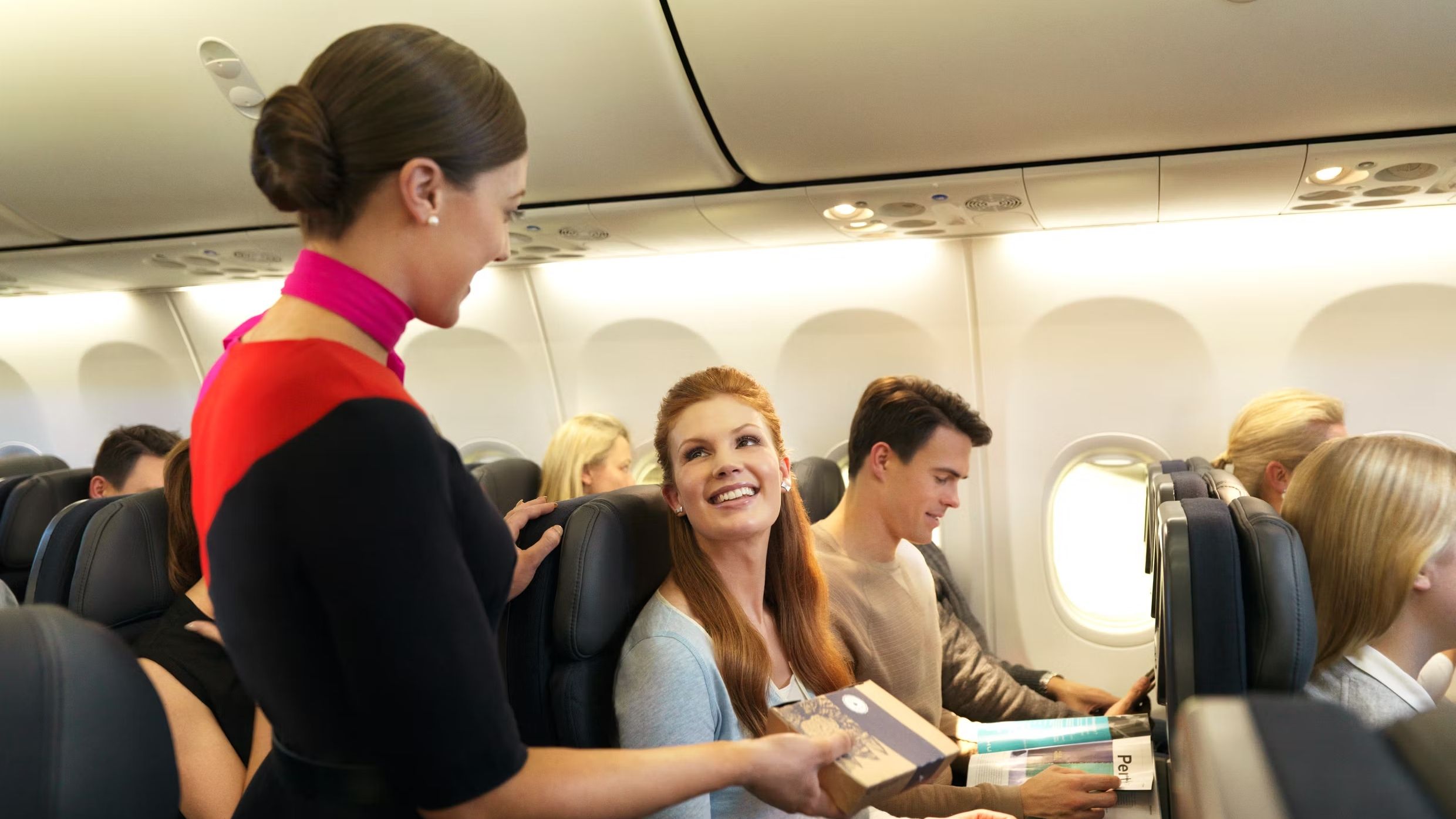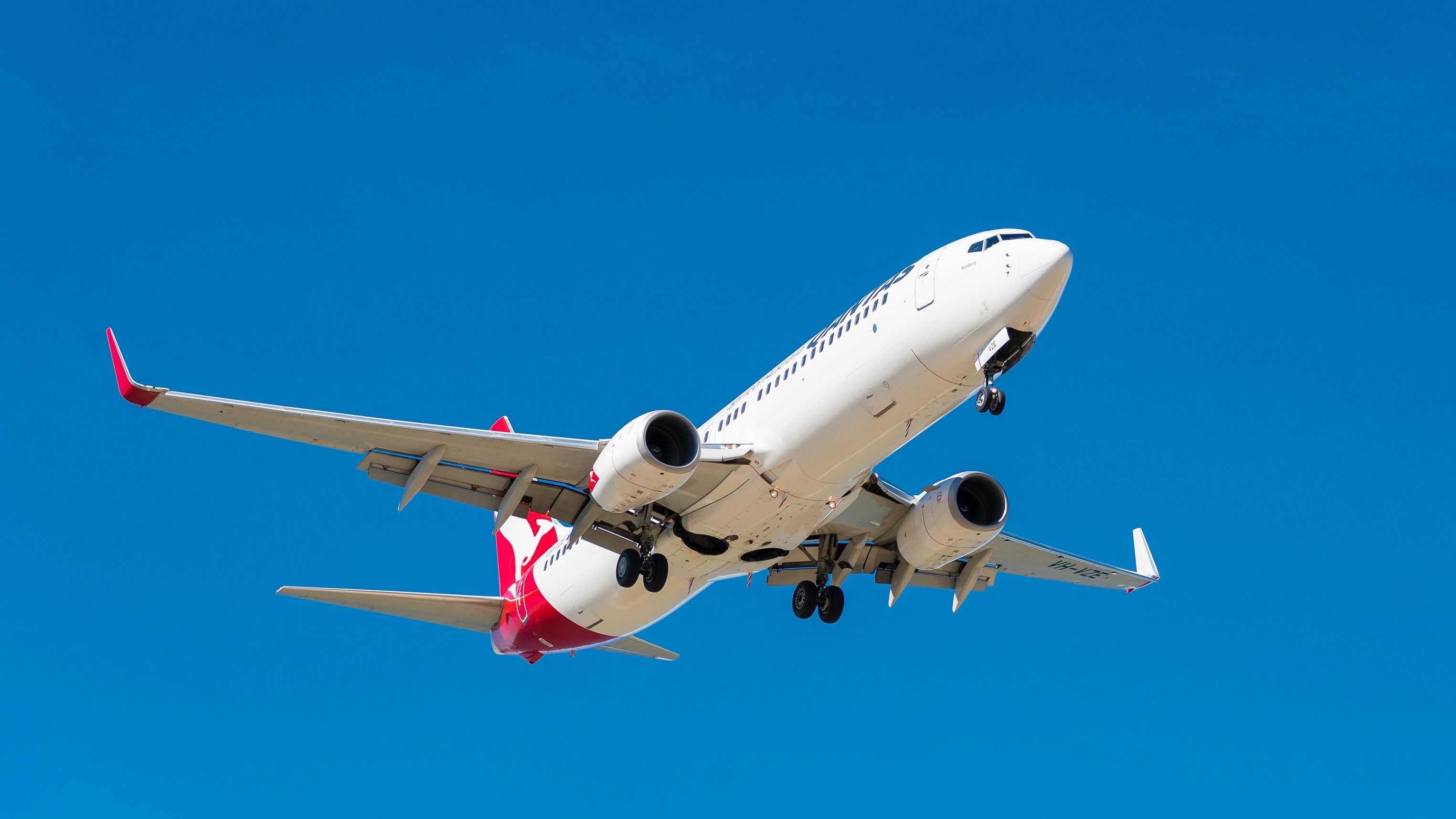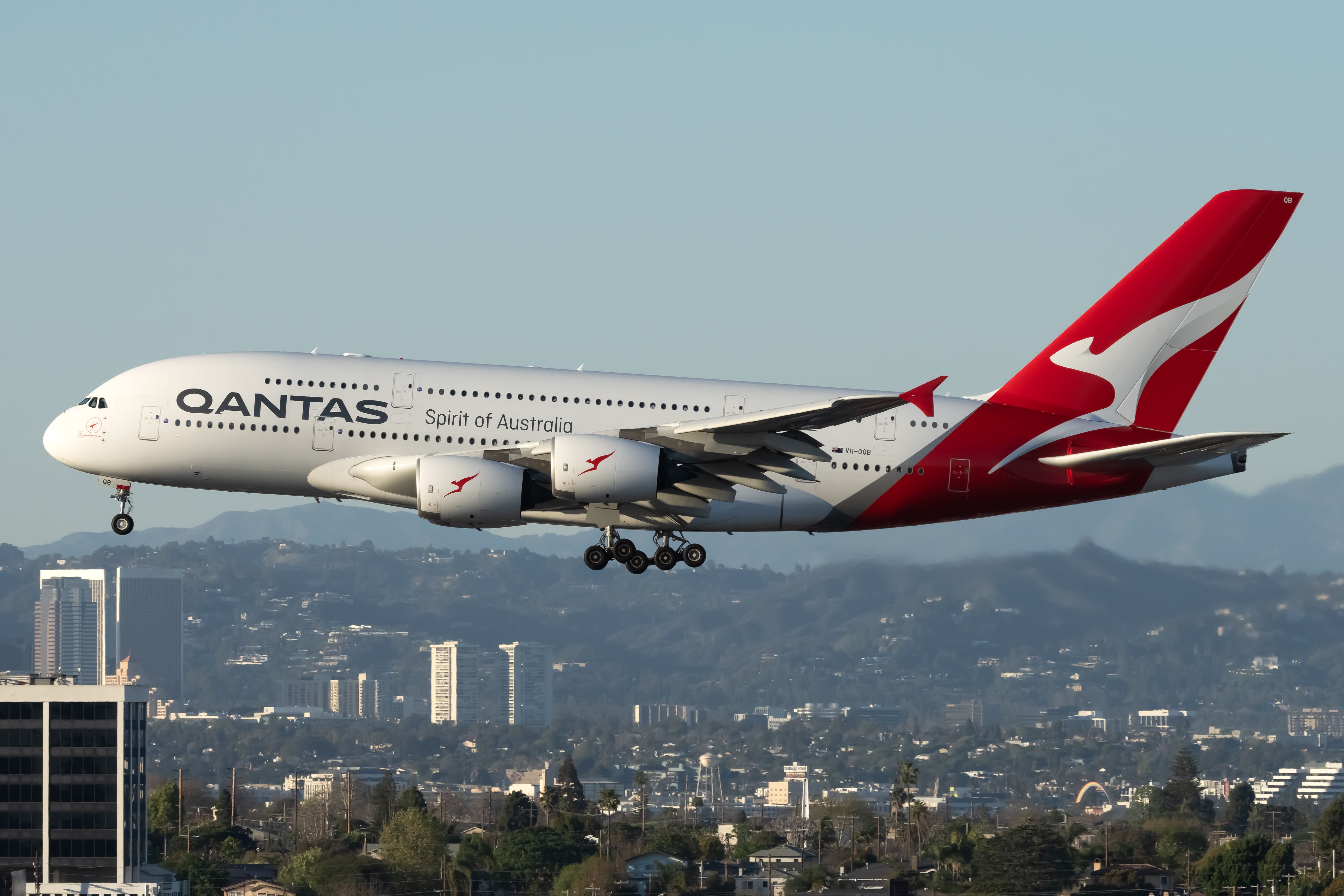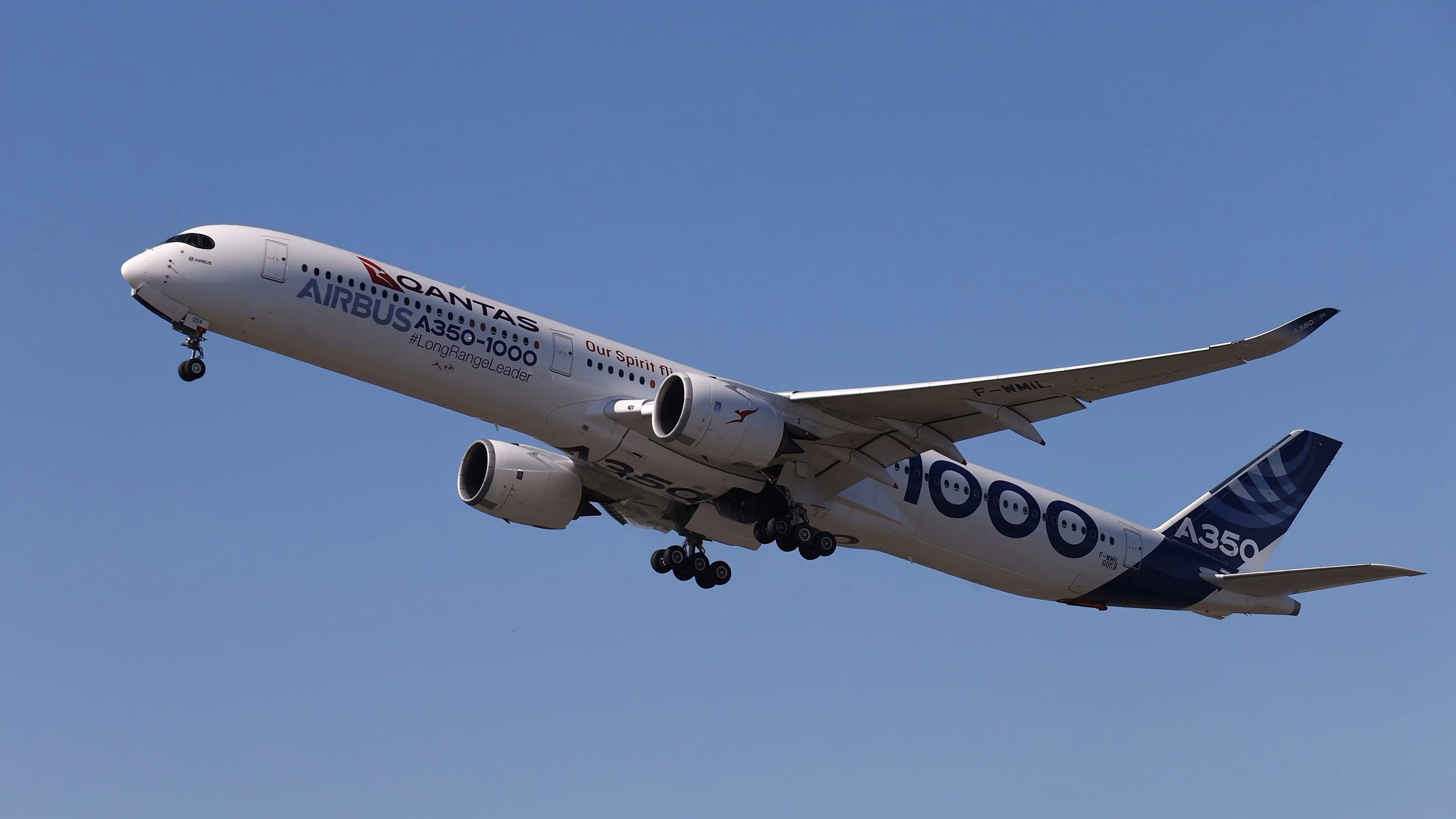While the Qantas profit of AU$2.08 billion ($1.4b) was down 16% on last year’s bumper return, the new management team at Australia’s flag carrier seems keen to spread the largesse around. On the same day it announced the 2024 Financial Year results, Qantas also revealed it had agreed to pay rises for flight attendants, which would add around AU$60 million ($40m) to its annual costs.
The softer approach
Australia’s national airline, Qantas, has agreed to new pay deals by supporting three ‘Same Job Same Pay’ applications from the Flight Attendants Association Australia (FAAA) to Australia’s Fair Work Commission. This new government legislation covers most industries and affects some long-standing workforce arrangements used by Qantas, resulting in up to 800 Qantas short-haul cabin crew receiving pay increases.
Photo: Peterfz30 | Shutterstock
In a second win for the flight attendants, Qantas has also reached an in-principle agreement with the FAAA for its long-haul cabin crews, which would see around 2,500 international crew receive pay increases in line with Qantas short-haul crew. The airline said it will continue to engage with long-haul cabin crew and their representatives about the proposed changes, which are also subject to an employee vote.
Photo: Vincenzo Pace | Simple Flying
Qantas and the FAAA have been working on balancing the impacts of the new ‘Same Job Same Pay’ legislation on the short- and long-haul cabin crew employees, which will allow the airline to remain competitive and have a sustainable business. The pay increases are expected to cost around AU$60 million ($40m) annually, starting from November 2024, and Qantas said it will offset that through revenue and cost savings.
The previous management led by Alan Joyce would have certainly demanded cost savings to offset the pay increases. Now, it seems that both the union and the airline want to herald this agreement as proof of a new era in their relationship, lobbing a few hand grenades along the way at the former CEO, who was, somewhat ironically, the architect of the profits now providing the pay rises.
This sounds familiar
According to The Australian, current CEO Vanessa Hudson said the pay increases would put pressure on airfares. She added that if costs go up without any productivity offset, it will erode the airline’s competitive position, and Qantas would have to address that.
“There are 55 carriers we compete with internationally, and our cabin crew cost base will now be triple that of our competitors. That actually does create a disadvantage for us in competing in that market, and we are going to have to find ways to offset that and mitigate that.”
Qantas also said that the in-principle agreement with long-haul cabin crews will ensure that they have access to the new A350-1000 Ultra Long Range aircraft, including Project Sunrise flights. These are the nonstop flights between the east coast of Australia and London and New York with flight times of more than 20 hours, where duty time, rest periods and staffing levels must be agreed upon.
Photo: Airbus
The changes will also impact the use of labor-hire firms, where cabin crew working alongside each other were employed under different pay and conditions. The FAAA said that moving from the Qantas-owned labor-hire company to direct employment with the airline is a historic moment for the affected flight attendants, which it says have “felt like second-class citizens.” However, there is still much more to be done in that area with external providers.
The FAAA submitted ‘Same Job, Same Pay’ applications to the Fair Work Commission in June and July this year for several short-haul cabin crew workgroups operating on Qantas Boeing 737 and Airbus A330 fleets. Other businesses within the Qantas Group are reviewing more recent applications related to some cabin crew workforces within Jetstar and QantasLink operator National Jet Systems, and no decisions have yet been reached.




